Harvesting...Herbs
msfuzz
14 years ago
Related Stories
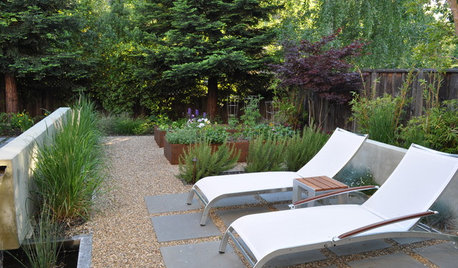
URBAN GARDENSHarvest the Bounty of a Patio Garden
Make the most of small spaces on decks and balconies to enjoy your pick of vegetables, fruits and herbs
Full Story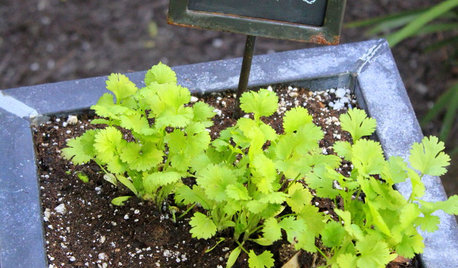
GARDENING GUIDESHerb Garden Essentials: Versatile Cilantro Adds Flavor to Herb Gardens
Love it or hate it, this cool-season herb contributes its unique flavor to any number or the world’s cuisines
Full Story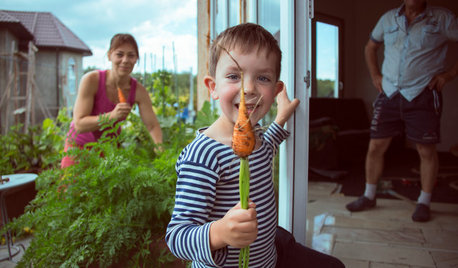
GARDENING AND LANDSCAPINGWorld of Design: 10 Home Gardeners Show Us Their Sweet Summer Harvests
From New York to Tokyo, these gardeners have turned their yards, terraces and rooftops into places of bounty
Full Story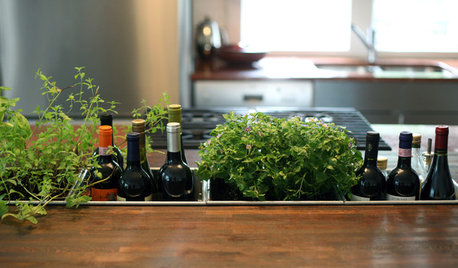
SHOP HOUZZShop Houzz: Give the Gift of Herbs
Everything they need to grow their own distinctive herb garden
Full Story0
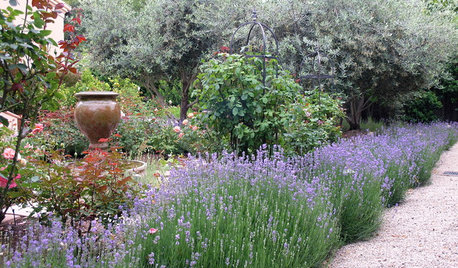
FLOWERSHerb Garden Essentials: Grow Your Own Fragrant Lavender
This do-it-all plant is ideal for almost any garden, and its uses are abundant around the home
Full Story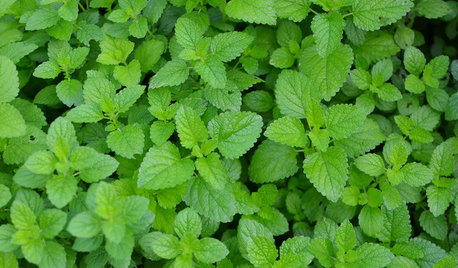
EDIBLE GARDENS12 Essential Herbs for Your Edible Garden
Make home cooking and drinks even better with herbs plucked from your own backyard or windowsill pot
Full Story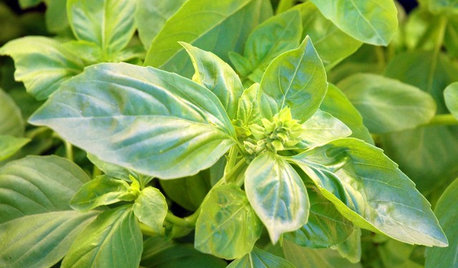
SUMMER GARDENINGHow to Grow Basil
Bright color, quick growth and endless uses for cooking make this summer annual a winner in the garden or a pot
Full Story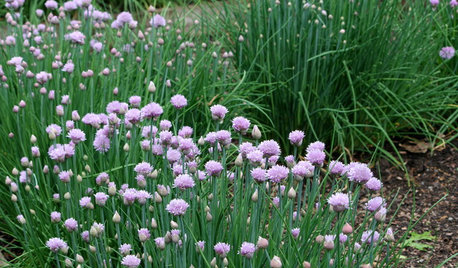
HERBSHerb Garden Essentials: How to Grow Chives
This decorative and delicately flavored herb from the onion family is easy to grow indoors and out
Full Story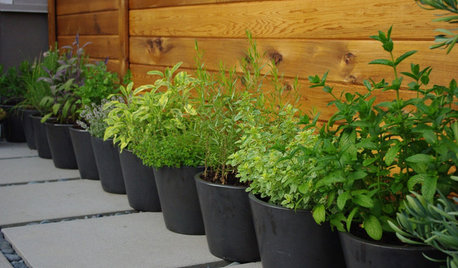
GARDENING GUIDES4 Herb Container Gardens for Fabulous Global Cuisine
Tingle your taste buds with the unbeatable taste of fresh herbs in your Italian, Asian, Mexican or French fare
Full Story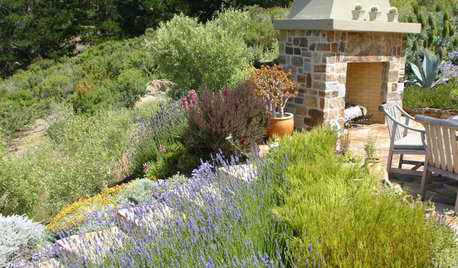
GARDENING AND LANDSCAPINGEasy Herbs for Every Space
Resilient and forgiving, herbs like mint, thyme and rosemary are simple to grow and look great in both containers and landscape designs
Full StoryMore Discussions






freegard
cabrita
Related Professionals
Edmond Landscape Contractors · Brookside Landscape Contractors · Ellicott City Landscape Contractors · Madera Landscape Contractors · Newberg Landscape Contractors · Oak Forest Landscape Contractors · Palos Verdes Estates Landscape Contractors · South Lake Tahoe Landscape Contractors · Whitehall Landscape Contractors · Toledo Roofing & Gutters · Buckhead Atlanta Roofing & Gutters · Norwood Roofing & Gutters · Albany Driveway Installation & Maintenance · Dearborn Driveway Installation & Maintenance · Glenview Driveway Installation & Maintenancezabby17
bejay9_10
dirtgirl07
aunt-tootie
digdirt2
highalttransplant
msfuzzOriginal Author
Daisyduckworth
dogear6
dogear6
msfuzzOriginal Author
misskimmie
bejay9_10
luke_oh
zabby17
digdirt2
luke_oh
cabrita
zabby17
gardengalrn